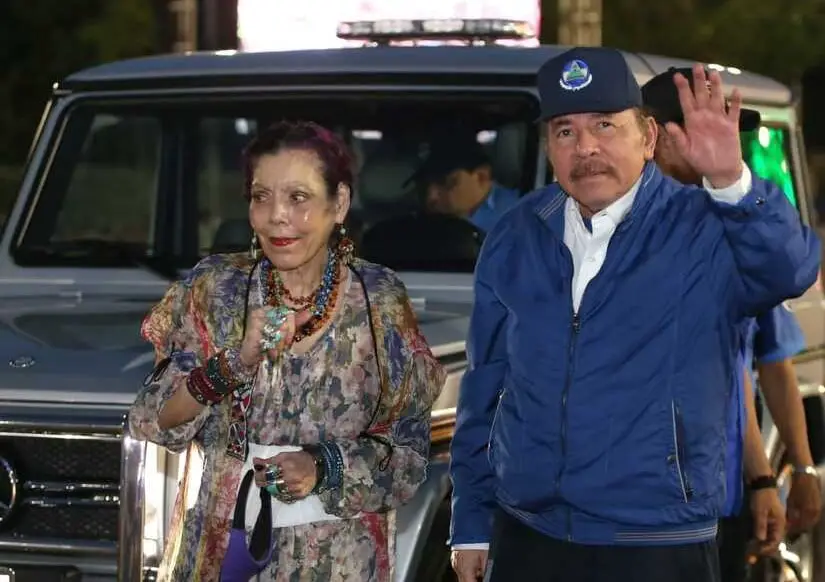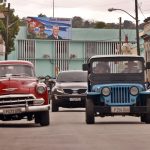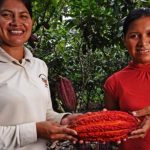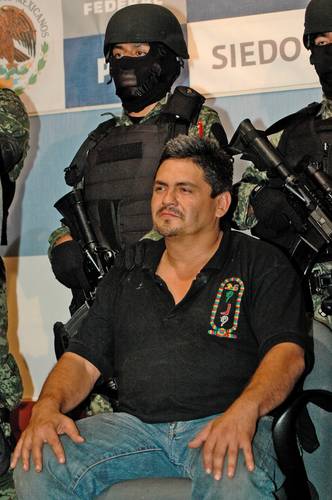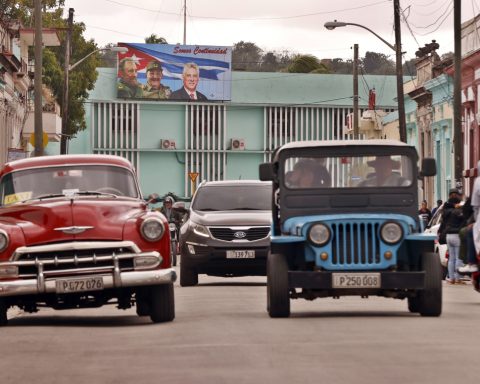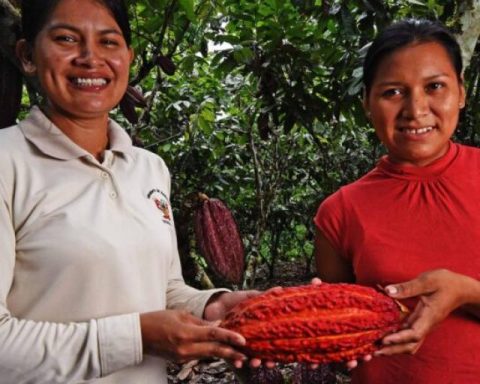Nicaragua continues to fall in the Corruption Perception Index (CPI) and ranks as the most corrupt country in Central America and the third in Latin America, only surpassed by Venezuela and Haiti. Nicaragua obtained 19 points, which rank it 167 out of 180 countries globally, in this index of the Transparency International (TI) organization. In it, Venezuela obtained 14 and Haiti 17.
In the previous report, from 2021, Nicaragua obtained 20 points in the ranking, a situation that indicates a rebound in the perception of corruption in the administration of Daniel Ortega and Rosario Murillo, who already have 16 years co
The report highlights that in the countries that obtained the worst results, such as Venezuela (14), Nicaragua (19), Honduras (23) and Guatemala (24), “elites and organized crime have co-opted state institutions.” In such a way that forceful measures are not being taken to combat corruption and strengthen public institutions.
This situation “facilitates the activities of organized crime, weakens democracy and human rights, and threatens the achievement of the Sustainable Development Goals (SDGs). It also fosters violence, environmental damage, and migration throughout the hemisphere,” the report states.
? OUT NOW! The Corruption Perceptions Index 2022 shows that most of the world continues to fail to fight corruption: 95% of countries have made little to no progress since 2017. Check it out!
— Transparency International (@anticorruption) January 31, 2023
The president of Transparency International, Delia Ferreira Rubio, pointed out that “the omnipresence of corruption in the Americas encourages many other crises that the region is going through. Fragile governments fail to curb criminal networks, social conflict and violence, and some exacerbate threats to human rights by concentrating power under the guise of responding to insecurity.
The CPI ranks 180 countries and territories based on perceptions of corruption in the public sector, on a scale of zero to 100, where zero equals very corrupt and 100 equals very little corruption. The average for the Americas stands at 43, and almost two-thirds of the countries score below 50.
Corruption in Nicaragua
In 2022, in Nicaragua, it was revealed a chain of corruption in the cities of Rivas and Diriamba, mainly linked to litigation and appropriations of valuable properties, which shook the intermediate structures of the Sandinista Front and led to the fall of a magistrate of the Judiciary; the forced resignation of a mayor and the suicide of another; the dismissal of a political secretary; and the removal and partial imprisonment of red and black officials and political operators.
The government party handled these cases without transparency, applying sanctions and removals decided by the political secretariat of the FSLN, in charge of the powerful security adviser to the presidential couple, Néstor Moncada Lau.
The institutions that by law should see these matters have remained silent or have only been mere executors of the orders issued from El Carmen. The National Police has not issued a single press release on these incidents, nor has the Comptroller General of the Republic (CGR).
An investigation of CONFIDENTIAL revealed that the issue is handled directly by the leadership of Ortega, and that it has only transpired that the “purge” is directly orchestrated by Moncada Lau, and is related to the dispute over valuable coastal properties in the areas of Carazo and Rivas.
Other versions add that in the midst of the conflict over the properties, there is also an internal struggle between Daniel Ortega and Rosario Murillo for power in the Sandinista Front, a third that for the moment has leaned in favor of the dictator’s wife.
The Ortega y Murillo regime has also remained silent in the face of the imprisonment of the retired commissioner general Adolfo Marenco Koreaformer director of investigation and intelligence of the Police and former member of the intimate circle of Rosario Murillo and security adviser Néstor Moncada Lau.
The deputy director of the Police is the first high-level chief to fall from his position and be arrested, almost 50 days after the announcement of his departure from the sub-directorate. The arrest was carried out at the residence of a relative in Las Colinas, in Managua. According to a report from 100% News -which also confirmed the arrest- Adolfo Marenco was captured in the house of his current partner, where he was under de facto house arrest.
Marenco was house in jail, after allegedly falling out of favor due to allegations of corruption, and management of unauthorized private businesses, by a faction of the regime’s leadership.
In police circles, there are two versions that explain the action of the regime to imprison him. One is that it was to silence him because they accuse him of wanting to flee the country, with which Ortega’s circle would be giving a “kind of preventive coup”, the sources assured.
The other is that he refused to continue working for the Ortega-Murillos, further irritating the presidential couple. The order to retire him was signed by the ruler on November 25, 2022, after the surprise appointment as deputy director of the now General Commissioner Zhukov Serrano Pérez. He is a high official graduated in Russia, praised last year by the dictator, while attacking the Catholic Church.
Corruption affects everyone
In these environments with high levels of corruption, Transparency International affirms, the growing violence and the violation of social and economic rights affect “disproportionately the historically marginalized groups, which promotes massive migratory movements to other countries in the region.”
The organization highlights that, in order to reduce gang violence, countries such as El Salvador and Honduras declared states of emergency, but this has led to unjustified arrests and instances of abuse of power. In El Salvador “The emergency regime has also been used to repress and silence critical voices of the government and further limit the right of access to information,” they highlight.
In most of these countries, the fight against corruption is led “almost exclusively” by civil society organizations and the independent press, with the support of the international community. However, “the co-optation of justice institutions and the criminalization of actors who denounce acts of corruption have contributed to the commission of abuses against journalists, activists, indigenous communities, and prosecutors,” the report details.
In Guatemala, the unjustified detentions of journalist José Rubén Zamora and former prosecutors Virginia Laparra and Samari Gómez represent emblematic cases.
In Venezuela,” illegal economic activities represented 21% of its GDP in 2021; criminal groups exercise exhaustive control over gold mining operations, and use extortion and irregular payments to military commanders in order to maintain their illicit activities,” notes Transparency International.
Similarly, in Honduras, the extortion of small businesses and citizens by criminal gangs “is a serious problem that, however, goes unpunished.” This situation slows down economic development, exacerbates insecurity and promotes the entry of illicit money flows into the financial system. “It is estimated that Hondurans make extortion payments of USD 737 million a year, which represents 16% of the country’s annual GDP,” they stress.
